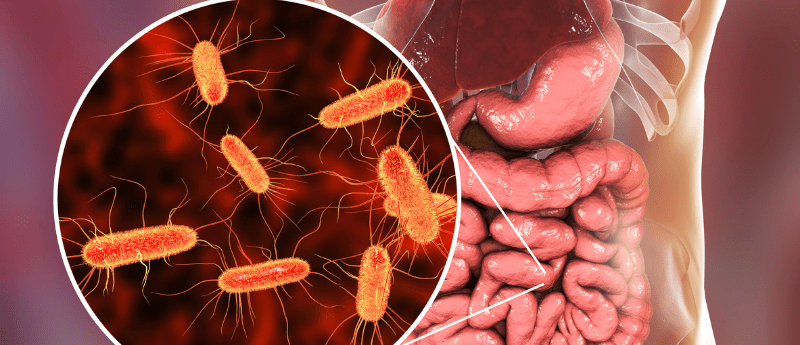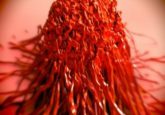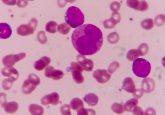Could bacterial ‘fingerprints’ help reduce the negative effects of ‘gut bugs’ in prostate cancer?

‘Gut bugs’ (gut bacteria, such as Ruminococcus) can negatively affect prostate cancer by promoting tumor growth and increasing treatment resistance. This is possible as hormone therapy, the main treatment for advanced prostate cancer, lowers the natural level of androgen hormones and allows for an increase of gut bacteria, which then produce their own androgens as well as promote toxins and/or other molecules that can affect cancerous cells. Medical interventions (such as fecal transplants or yoghurt drinks including advantageous bacteria) can be introduced to reverse this unfavorable microbiome. However, these interventions may only be available for a specific group of people...





